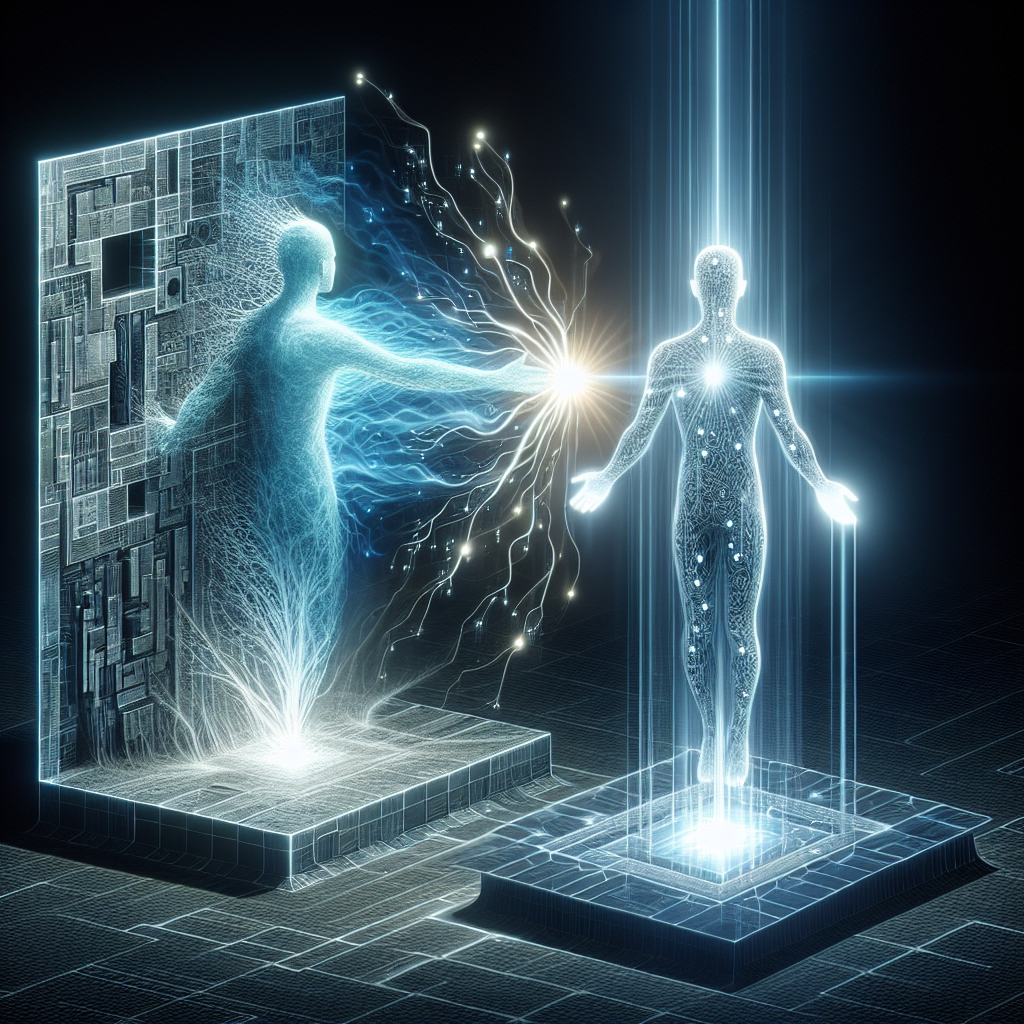
The concept of the Metaverse has been a focal point of technology discourse over the past few years, especially after Facebook’s transition to Meta. Yet, the anticipated Metaverse revolution has encountered significant challenges. Recent insights from Meta’s leadership, particularly during the Meta Connect 2025 Dev Keynote, shed light on the evolution of this technology and its potential revival through artificial intelligence (AI).
Samantha Ryan, Meta’s VP and Head of Metaverse Content, acknowledged the hurdles faced since the company’s rebranding. While the allure of virtual reality (VR) headsets captured the imagination, the reality was far less enchanting for users who found the initial experiences underwhelming. “VR is evolving in new ways…It’s tough to navigate, and we at Meta have a lot to learn as well,” Ryan stated, reflecting a candid admission of the current state of VR technology.
These remarks were echoed by Meta’s CTO, Andrew Bosworth, who referred to the transition as a “choppy few years.” However, he noted with optimism that AI could catalyze a significant upgrade in the Metaverse experience. This underscores a shift towards harnessing AI not only for enhancing user interaction but also for transforming how developers approach building virtual environments.
The focus on AI was unmistakable during the keynote, particularly with the introduction of new programming platforms like Meta Horizon Engine and Meta Horizon Studio. An exciting aspect of Horizon Engine is its replacement of the Unity engine, allowing for the creation of richer and more immersive realities. Demonstrations showcased virtual events, such as a concert by Sabrina Carpenter, where the audience was composed of thousands of VR avatars, indicating that major advancements are underway.
Perhaps the most transformative announcement was the introduction of a prompt-driven Build with AI interface. This innovative tool aims to simplify world-building processes for developers. By allowing creators to generate foundational worlds and modify them through prompts rather than intricate coding, this interface positions itself as a game-changer. It not only accelerates world creation but also allows for swift adaptations based on user feedback, which is critical for maintaining engagement in a rapidly evolving digital landscape.
Despite these advancements, challenges remain. The Metaverse continues to be a proprietary space, predominantly accessed through specific VR headsets like the Quest 3. Many users still find the experiences lackluster, underlining the need for more engaging content and functionalities. The integration of AI components does not eliminate these obstacles entirely but represents a notable shift towards enhancing user experience and offering developers better tools.
As we look forward, the role of AI in the Metaverse will be pivotal. Technologies that augment user interactions, offer personalization, and streamline the creation process will likely dictate the future success of this ambitious virtual environment. Meta’s efforts demonstrate a willingness to adapt and innovate, recognizing the importance of aligning current capabilities with user expectations. The excitement surrounding AI’s potential, coupled with transformative tools, could provide the momentum necessary for the Metaverse to realize its original promise.
In conclusion, while the Metaverse may have faced significant setbacks, it is far from being on the brink of collapse. With the infusion of AI as a central pillar of development, there is a renewed sense of possibility. The advancements discussed at the Meta Connect 2025 Dev Keynote could herald a new era for virtual worlds, fostering environments where users can engage more fully and developers can create more diverse and dynamic content.

Leave a Reply